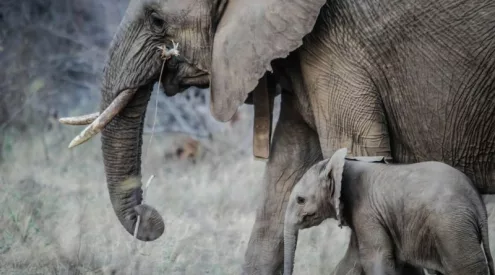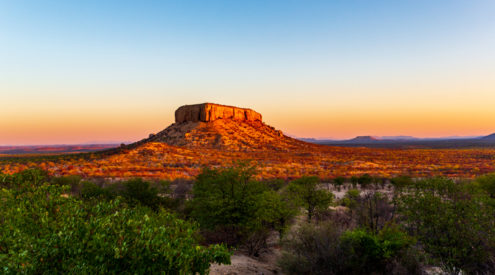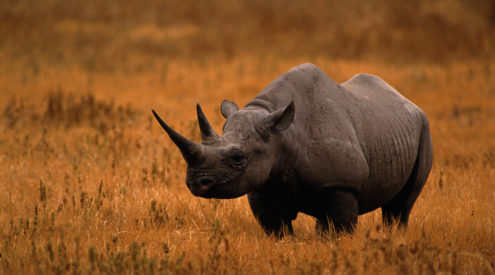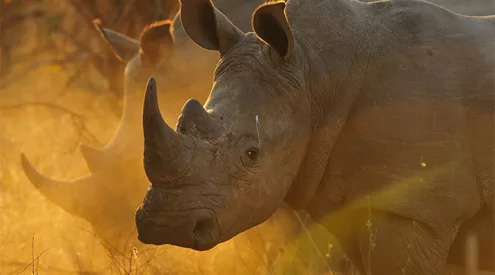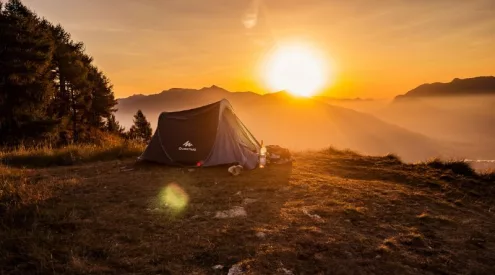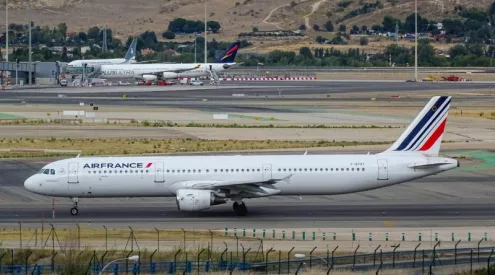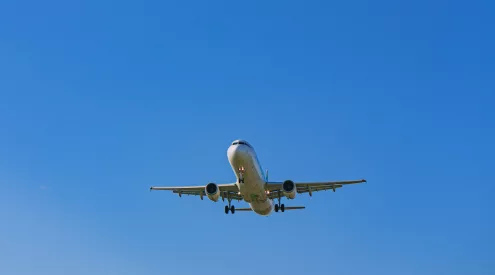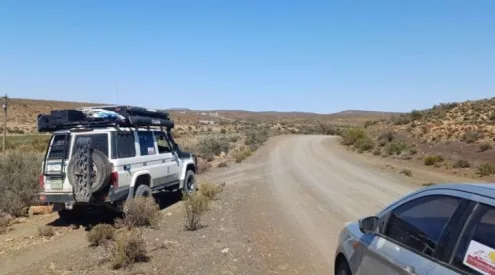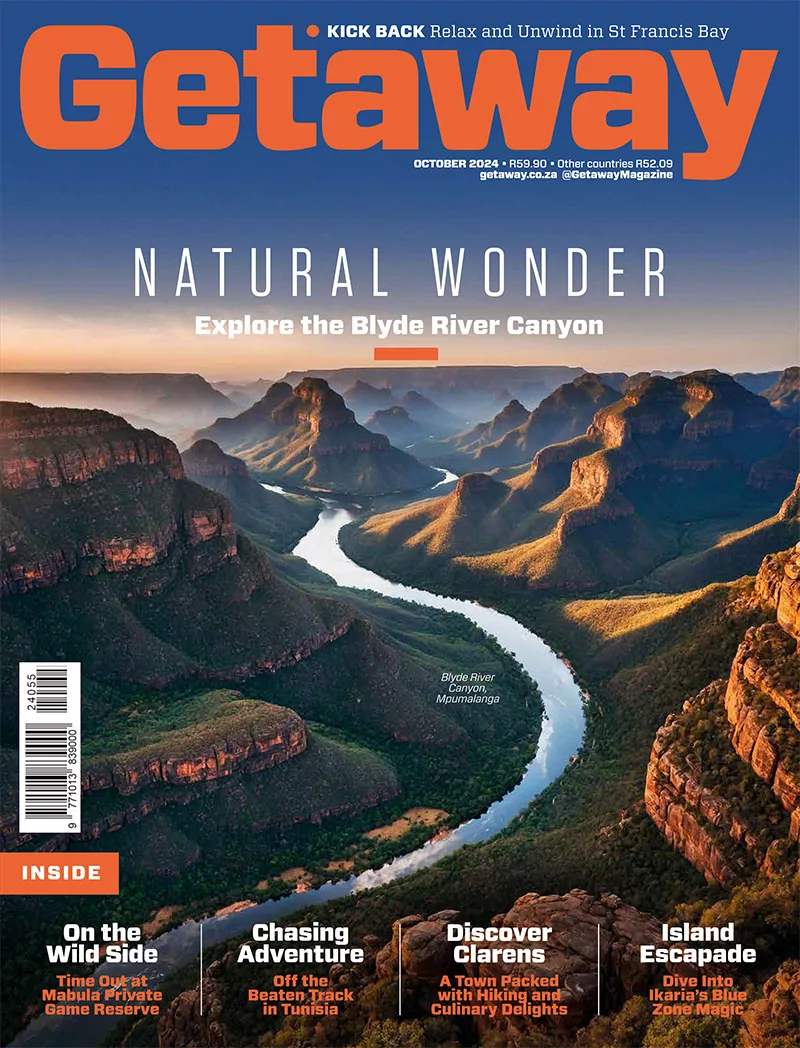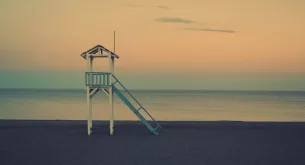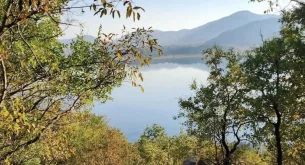Times are different and the coronavirus have changed the way we do everything. However, as long as it is safe and wise to do so, travellers must travel. A few new trends have emerged that will allow us to adapt to this strange new world.
According to those in the know, here is how tourists will holiday in 2021.
1. Reunion travel

In the pre-pandemic era, holiday destinations and itineraries were determined by a host of factors like personal dreams and desires, culture, iconic landmarks and budget. However, since almost every country on earth and countless cities within countries have shut their borders, families and friends were separated for long periods of time. Now, whenever borders open and travel restrictions are lifted worldwide, families will travel to be reunited with their loved ones.
2. Flexible bookings
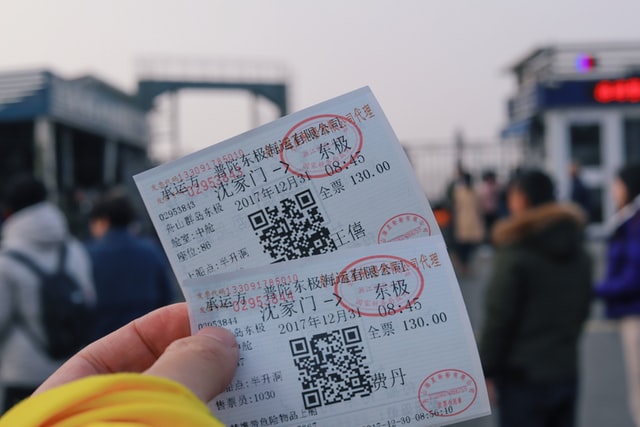
In times as uncertain as these, no one is eager to make bookings they can potentially lose out on. What is open today might be closed tomorrow. Airlines fold, hotels close their doors and travel restrictions are lifted and reinstated almost seemingly without a moment’s notice, so travellers want peace of mind. Instead of only the price, tourists will take great care to read up on cancellation fees, booking changes and refund policies.
3. Remote camping

Camping has always been a favourite among many travellers, especially in South Africa. Now, when it’s more important than ever to maintain distance between people, camping in remote areas is the perfect solution. Fresh air and wide open spaces are the perfect escape from crowded malls or even parks that are cramped with people wanting to get outdoors. South Africa has a myriad destinations that offer remote campsites in provinces like the Northern Cape and Limpopo.
4. On the road
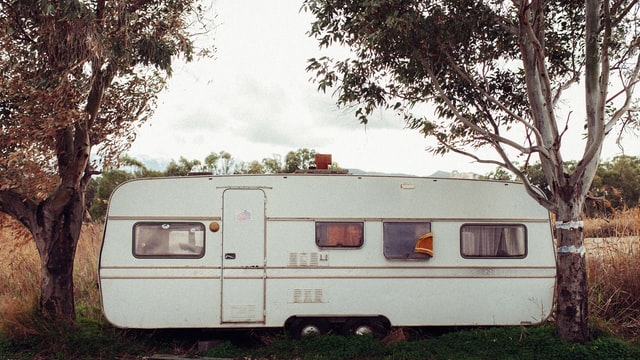
Many travellers may opt to invest in a caravan or recreational vehicle to travel with, instead of booking into AirBnbs or hotels. Despite stringent health and safety protocols implemented across the country in accommodation establishments, travellers might for various reasons not be confident enough to share spaces with other people yet. Staying on the road also allows travellers to see more places, and avoid air travelling by doing road trips. Remember to try and support the hospitality industry in other ways if you are able to do so.
5. On workation
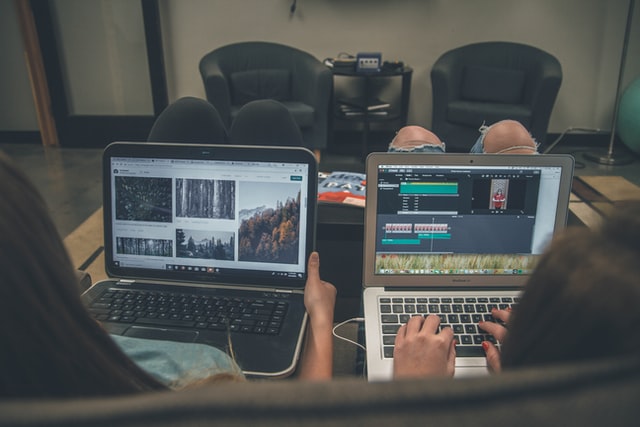
The pandemic has introduced many office workers to the wonderful world of remote working. Millions of people are working from home for the first time, meaning many can travel while keeping the business afloat. Some can’t necessarily get time off at work, and choose to mix business with pleasure in a new trend also referred to as ‘bleisure’. Pack your bags (and lap top) and hit the road. Work hard, then switch off the computer to play hard.
6. In a bubble
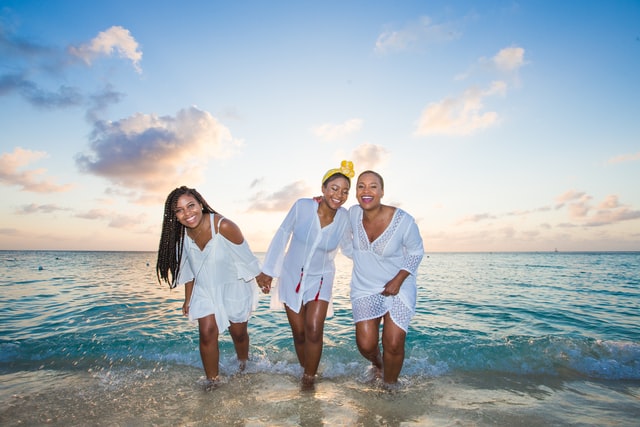
Choosing who we spend time in close quarters with is important. Even more important is to stick to those people, and only them as we try to minimise the spread of COVID-19. Core families or people living in the same home are expected to travel and holiday together without mixing too much with other households. Staying in your own ‘bubble’ is wise and enables travellers to spend time with people they know and trust while keeping safe.
7. Virtually

Not everyone is able to or comfortable enough to travel physically. Well, luckily that’s what technology is for! There are a host of channels available online in a variety of interests. From safari operators and wildlife sanctuaries live streams to virtual train rides and visiting museums and galleries online, the world’s your oyster. Let your eyes do the travelling while you kick up your feet.
Pictures: Unsplash

